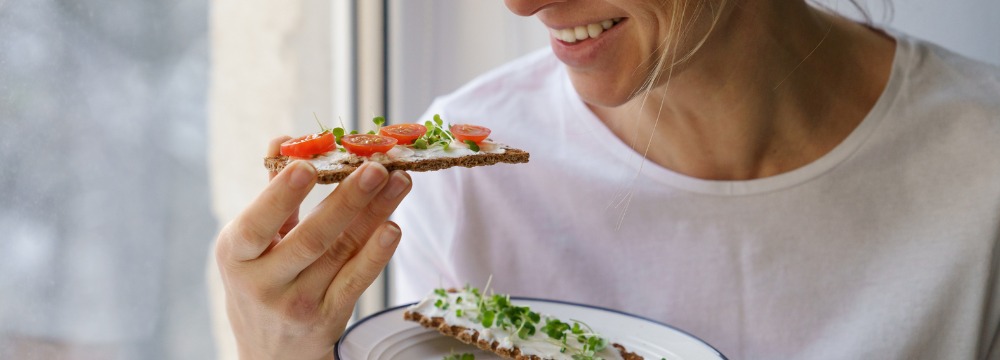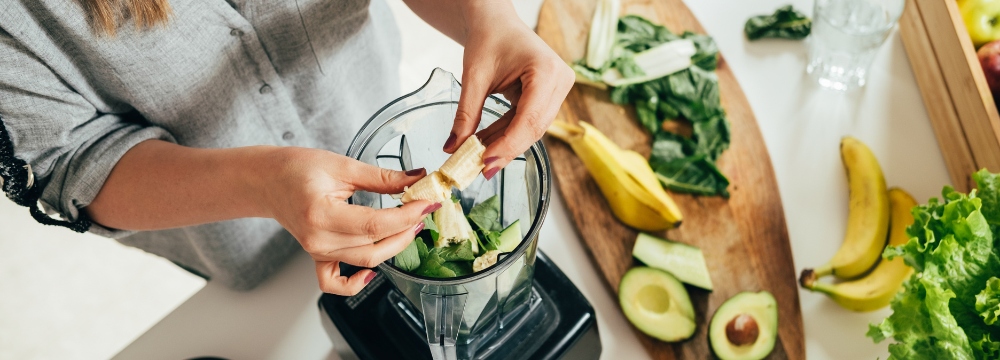After Bariatric Surgery
Life can be cruel. While losing weight and improving your health makes just about everything easier to deal with, significant losses in our lives can still put pressure on us. Often, loss eliminates the motivation we once had and dampens our will to succeed. Everyone’s losses are different, and we react uniquely to them. Some want to curl up in a ball and stay inside for days. Others take out their losses in bouts of anger and frustration. Yet others are motivated to do more. Regardless, loss can lead to overeating, under-exercising, and going off track. Of course, when we talk about loss, you probably first think of the loss of a close friend or family member. You may think of failure as a friendship or romantic relationship that ended poorly. We lose things in our lives all the time and have coping mechanisms to manage those losses.
The Idea of Food as a Loss
Many bariatric patients don’t realize that when they have surgery, assuming they follow their postoperative diet, they’ve lost something that may have given them great comfort – food. After all, it’s likely that food was part of every significant event in their lives – birthdays, celebrations, funerals, happiness, and sadness. Losing that friend, as some would call it, is akin to any other loss. This becomes very evident when you see how some bariatric patients fill that void with other behaviors or habits, some of which can be healthy and others that are decidedly not. For example, addiction substitution or transference is a rare but known phenomenon in bariatric patients. Patients transfer their addiction when the food is no longer available; some patients turn to drugs or alcohol to get that same dopaminergic release or a sense of calm and comfort. Replacing one addiction with another, of course, is not ideal and requires professional treatment.
However, most bariatric patients will benefit by dealing with their loss of food pragmatically. We must understand what’s happened when the food is gone and the surgery is over. We know we can’t return to eating those bad foods again. We know that we’ve taken an enormous step in our lives, and returning to old habits will only put us back in a dark place, both emotionally and physically. Most patients do incredibly well after bariatric surgery, which is due, in no small part, to learning and living the coping skills needed until new, healthy habits are formed.
The same must be said for other losses in one’s life. While these losses may be difficult or devastating, ultimately, staying on track with your health is paramount, and giving into the pain by liberalizing diet and exercise habits only worsens these feelings. Finally, we must use the same coping skills that got us through the months after bariatric surgery to cope with life’s ups and downs.
Therapy
If any post-bariatric surgical issues begin to interfere with your emotions and mental wellness, it’s time to see a therapist. This is not an admission of failure but rather an understanding that you need help, which is, by any measure, a success. Many therapists specialize in treating patients with concerns stemming from their bariatric procedure. Some patients may have disordered eating, and some may need guidance on working through their loss. However, all patients that seek help give themselves the best opportunity to lay a mental health foundation that will take their physical achievements to the next level.
Support Groups
The bariatric community is broad both in population and life experiences. Bariatric patients are also uniquely willing to share their stories and reach out to others to help. When we experience loss, we often want to avoid social situations or anything that may make us feel uncomfortable. It’s easier to live in that sorrow and isolate ourselves. However, support groups can be the antidote to this behavior. Remember that your support group friends and acquaintances have likely dealt with many of the emotions you are feeling now. To be sure, they may stem from different losses, but we all share basic human emotions and experiences.
Ultimately, one of the keys to long-term bariatric success is to know when to ask for help and not be embarrassed about doing so. Asking for help is an admission that you are human – we all need help – none of us can do it alone. We encourage you to ask for help from anyone around you who can offer constructive and supportive assistance, even if the answer may take you out of your comfort zone.










